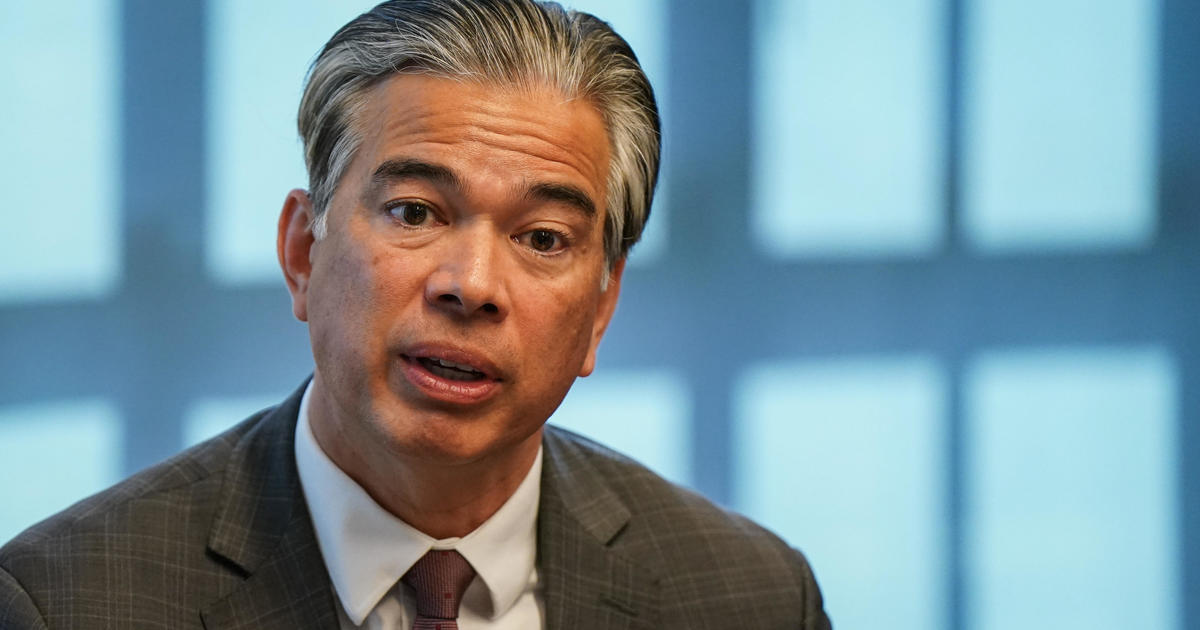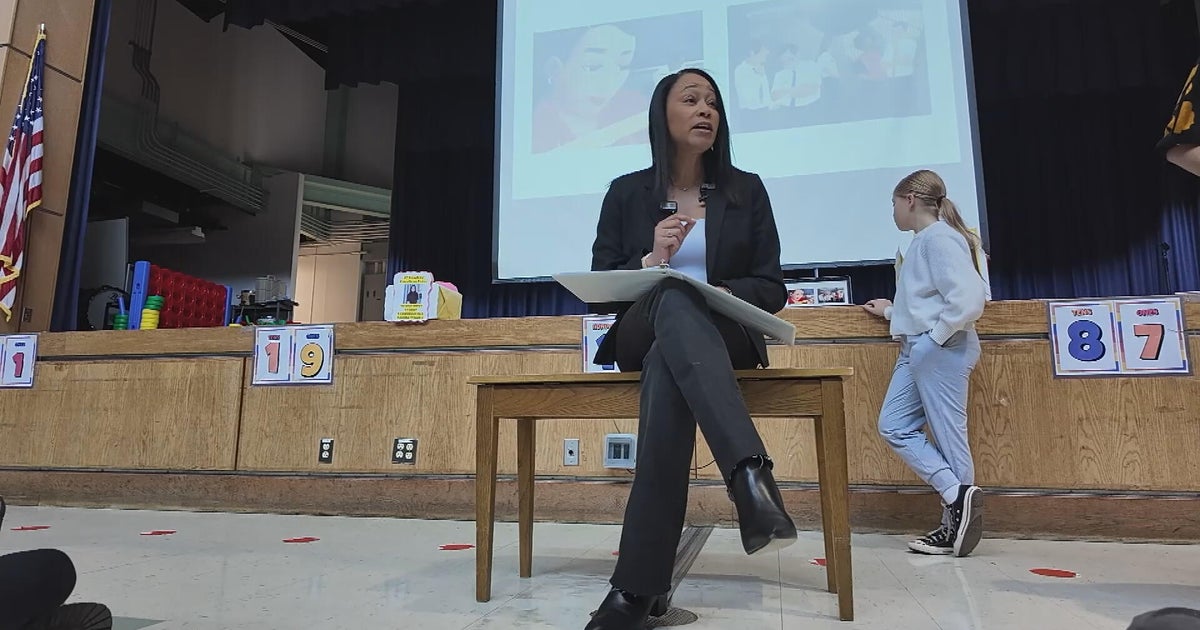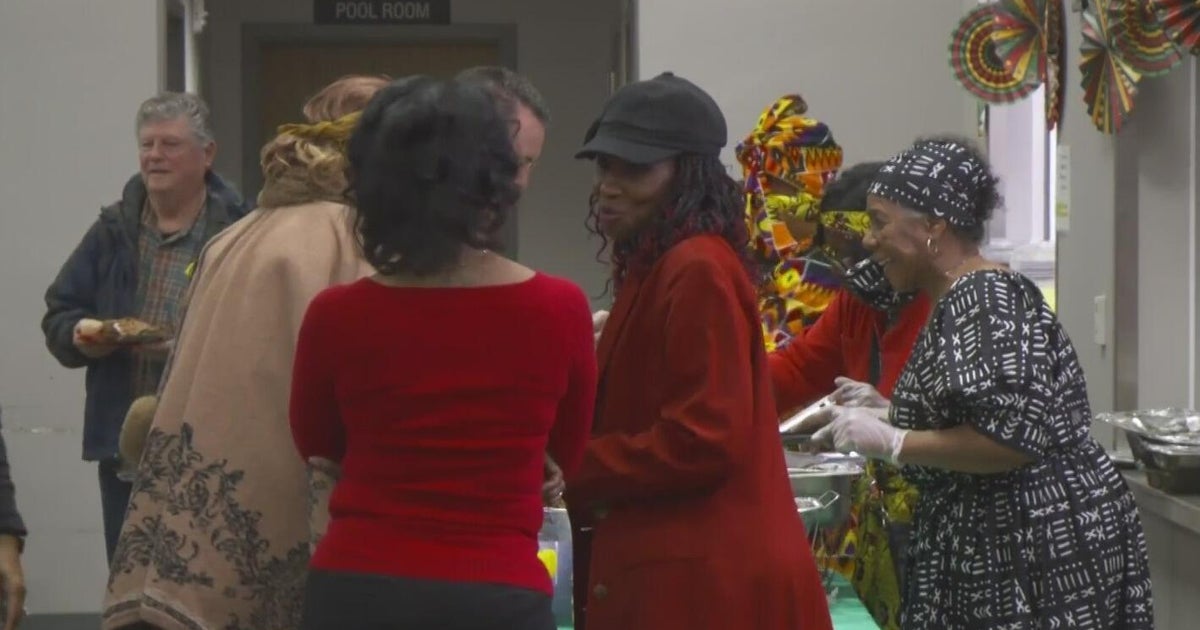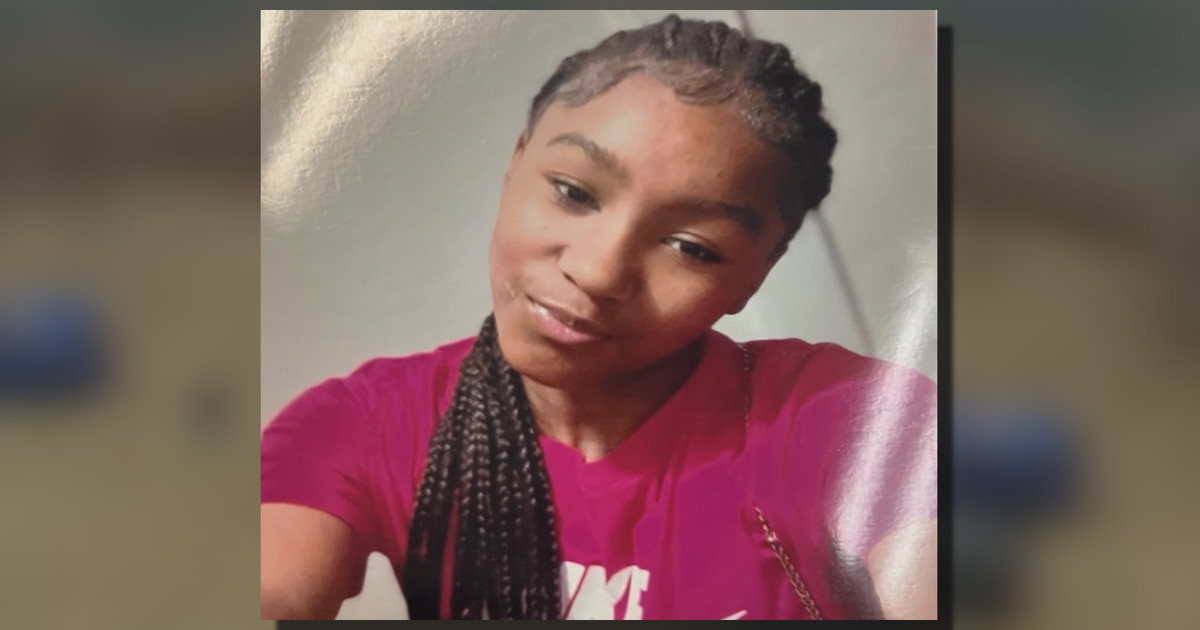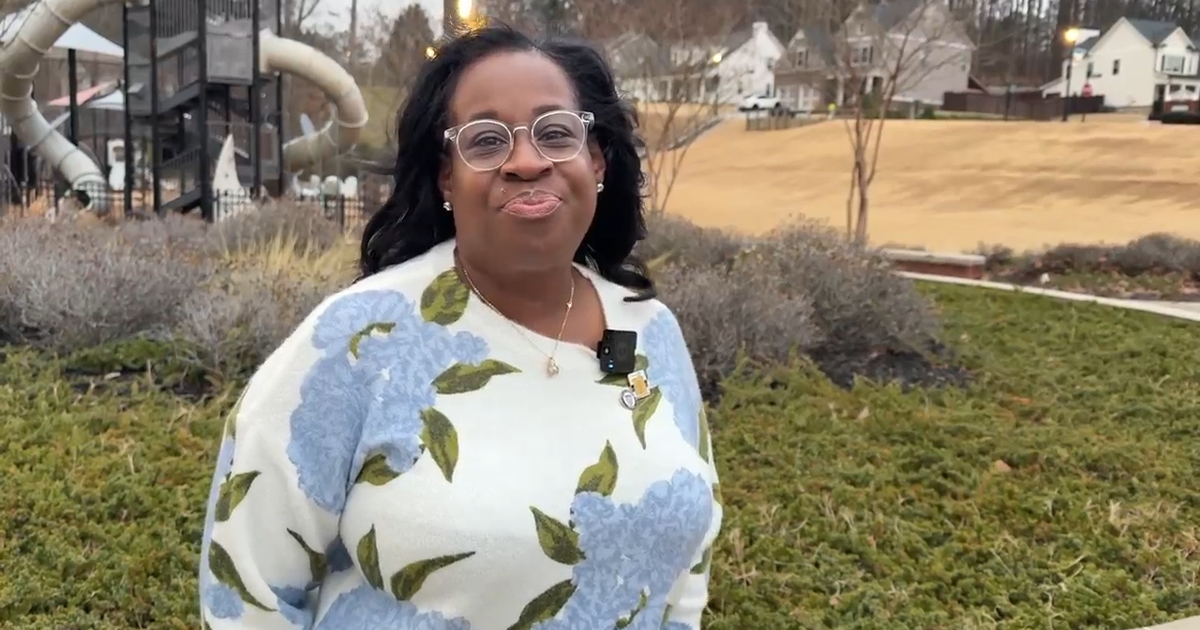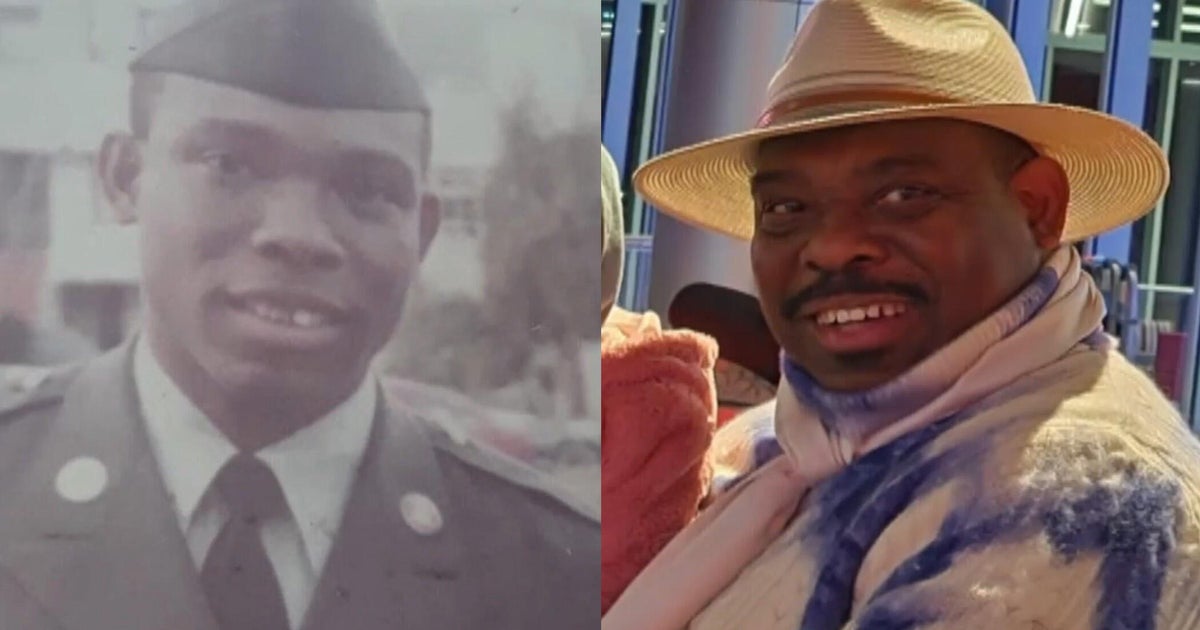New Calif. AG Breaking Barriers
SACRAMENTO, Calif. (AP) -- Kamala Harris had an early start punching through barriers.
In the swirl of civil rights protests in 1960s-era Berkeley, the daughter of a black father from Jamaica and a mother from India was among the second class of students tapped to help desegregate the city's elementary schools.
"Growing up in that environment, the heroes were the architects of the civil rights movement," Harris told The Associated Press.
Today, Harris, 46, is herself leading the way: She is California's first female attorney general and the first minority to hold the job.
Elected with a less than 1 percent margin in November, the 20-year veteran prosecutor from San Francisco plans to imbue her agenda with the calls of justice she heard growing up.
Harris, 46, wants to help address the underlying social causes of crime and try to build programs to rehabilitate inmates as a way to decrease the chances that they will return to the nation's most overburdened criminal justice system.
Her emergence onto the national stage as the chief law enforcer in the most populous state, her friendship with President Barack Obama and other political connections and her stage presence has some speculating that she will eventually seek higher office.
For now, she has more pressing challenges.
The state's prison system is overflowing, as is the red ink at the state capitol, where legislators are trying to close an estimated $28 billion budget deficit through June 2012. The crime rate has been dropping, yet the prisons remain full.
Harris said the combination may help spur support for one of her key goals, promoting alternative -- and cheaper -- punishments for nonviolent offenders and trying to break a cycle where 70 percent of parolees quickly return to prison.
"We must demand that our correctional system do less collecting and more correcting of prisoners," Harris told supporters after she was sworn into office last week.
Moving from leading the district attorney's office in San Francisco and its 200 employees to heading the California Department of Justice with its 5,300 staff, she embarks on her work carrying the lessons she learned from her immigrant parents.
They met during graduate studies at the University of California Berkeley, and instilled in Harris and her sister, Maya, a sense of fairness, the merits of defending an opinion, the self-confidence to admit error and the courage to change.
She grew up listening to the stories of her maternal grandparents demonstrating in India's independence movement. And Harris was still in the stroller when she saw the civil rights marches and heard the calls for justice that were hallmarks of the era.
"What they were marching and shouting about is this thing we call justice," she said.
One of her heroes was Thurgood Marshall, who she said were "translating the passions of the streets to the courtrooms of our country."
Marshall successfully argued before the U.S. Supreme Court that racially segregated schools could never be truly equal, and later became the first black justice on the high court.
Little did she know that she was preparing at her mother's dinner table for her career as an attorney. Harris recalled listening to and participating in spirited debates among the many frequent adult guests there.
"If we spoke, we were expected to defend our position," she said.
Another lesson she learned from her late mother, who had divorced and was a well-known breast cancer researcher at UC Berkeley and other universities: It's OK to have experiments go awry, as long as you learn from them.
Harris said that while most politicians feel bound to defend their ideas even when they don't work, she tries to be flexible to encourage innovation. "You test it, and you then tweak it," she said.
She went on to graduate from Howard University in Washington, D.C., and got her law degree from the University of California, Hastings College of the Law. Her first job was at the Alameda County district attorney's office.
Harris then moved across San Francisco Bay to work in the district attorney's there, and then left to work at the city attorney's office. While there, Harris unseated two-term Democratic San Francisco District Attorney Terence Hallinan in 2003.
During her tenure, she had some successes, including setting up a program to pressure parents whose children miss too much school, a trend she said can dramatically increase children's chances of becoming a criminal or victim. She pushed for a new statewide law that took effect Jan. 1 that lets prosecutors charge parents with misdemeanors if their children are chronically truant.
She was also encountered programs that tested her belief that you admit when something is not working, and then try to fix it.
Harris changed policies after a diversion program for first-time nonviolent offenders was found in 2009 to include illegal immigrants who couldn't hold the jobs for which they were being trained.
Harris also had to dismiss hundreds of criminal cases last year because of a tainted-evidence scandal at the San Francisco police drug laboratory, and after a San Francisco Superior Court judge scorched the district attorney's office in a May 2010 court ruling for failing to disclose police officers' criminal or disciplinary histories to defense attorneys.
"To her credit, once I think she realized the seriousness of the problems, they immediately put new policies in place," said San Francisco Public Defender Jeff Adachi, who has sharply criticized Harris for taking too long to act and who has known Harris since she was in law school.
State Treasurer Bill Lockyer, when he was state attorney general, investigated whether Harris abused her discretion shortly after she became district attorney when she decided against seeking the death penalty for the killer of an undercover city police officer in 2004.
Harris personally opposes executions, but said she will follow state law. Lockyer said she convinced him she had listened to a team within her office that had evaluated the case.
David Jung, who directs the Center for State and Local Government Law at Hastings College of the Law, sent students to work with Harris' office on gun policies after the U.S. Supreme Court struck down Washington, D.C.'s ban on handguns two years ago.
Gun rights proponents quickly challenged other cities' gun control laws, and this year the justices ruled that Americans have the right to own guns for self-defense anywhere they live.
"She looked at academics, she looked at social scientists for ways to continue to respond to gun violence within the law. She didn't spend time complaining that the Supreme Court got it wrong," said Jung, who once taught Harris in a law school problem-solving class.
"She understands her limitations under the law and works to make things better," he said.
Jung and other professors and classmates recall Harris as a confident student with an unusual sense of purpose, who was active in student government and Democratic politics.
"She knew that the path that she was on was hers, that she was going to do something important even if she didn't know what that was going to be," Hastings classmate Valerie Purnell said.
In her speech after defeating Cooley, the elder Harris evoked two former district attorneys who went on to become attorney general and governor: Edmund G. "Pat" Brown and Earl Warren.
After Warren was appointed to the U.S. Supreme Court, he wrote the decision ending school desegregation that shaped Harris' early schooling. It is a symmetry that she finds significant.
Harris said the experience put her on the path to the attorney general's office when she decided in elementary school that she would one day become a lawyer.
"I thought it was a profession that was noble," she said.
(Copyright 2011 by The Associated Press. All Rights Reserved.)
